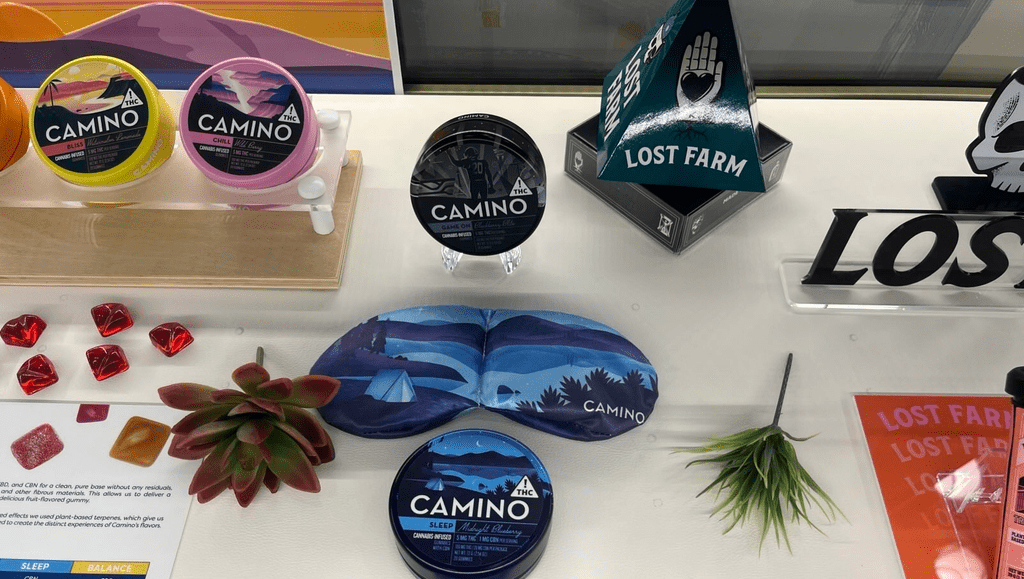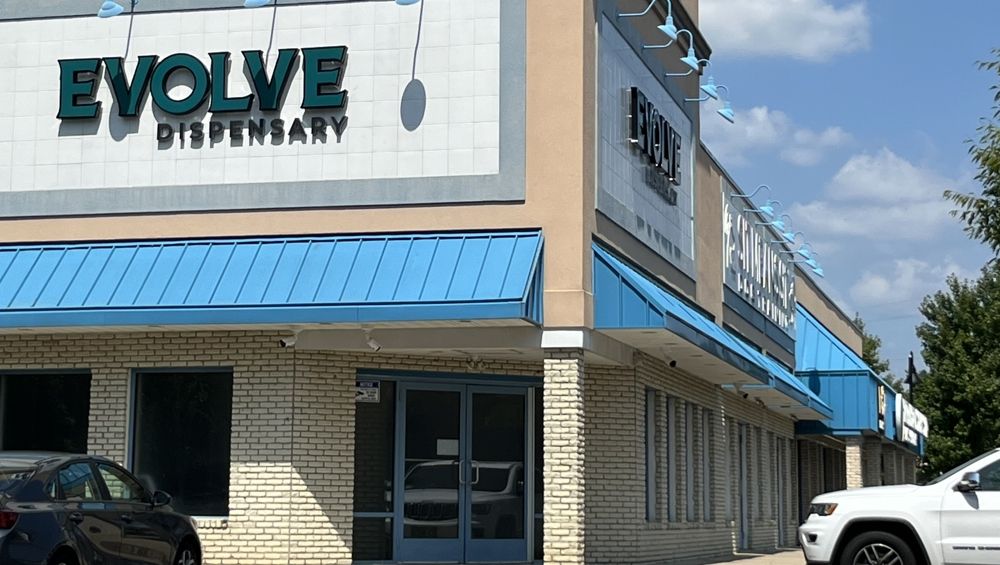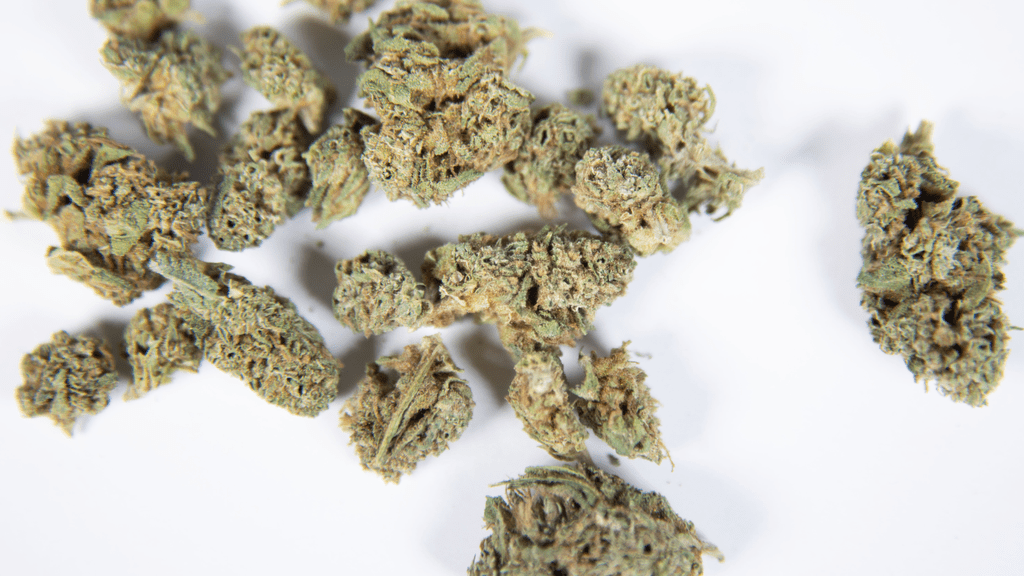The cannabis industry is expanding rapidly, and with every new wave of products comes a wider selection on dispensary shelves. Edibles, vapes, flower, concentrates—consumers today face more options than ever before. Some of these brands are instantly recognizable, while others are less familiar. What many don’t realize is that behind these labels are two distinct business models: private label and white label. Although the terms are often used interchangeably, the differences are significant and worth exploring.
White Label Cannabis Explained
White label cannabis refers to products manufactured by one company and then sold by multiple retailers under different branding. In this setup, the manufacturer oversees the product formulation, testing, and packaging. Retailers can purchase these goods, add their branding, and place them on shelves as if they were their own.
The main benefit here is efficiency. Retailers can expand their product lines without investing in cultivation or manufacturing infrastructure. A dispensary might add vapes or gummies overnight, simply by applying their logo. For smaller shops competing against multi-state operators (MSOs), this approach offers a way to level the playing field.
The drawback is sameness. Because white label products are shared across different retailers, a pre-roll at one dispensary could be identical to what’s sold at another, aside from the branding. This lack of exclusivity can make it harder to build a unique customer following.
Private Label Cannabis Defined
Private label cannabis goes further by offering customization and exclusivity. Instead of buying finished products, retailers collaborate directly with manufacturers to create cannabis lines specifically designed for their brand. This might involve selecting unique terpene profiles, developing custom formulations, or designing packaging that reflects the store’s personality.
This model empowers dispensaries to establish their own identity. A private label edible line or flower brand can become synonymous with the store itself, encouraging repeat visits and customer loyalty. In competitive markets like Nevada, California, and Colorado, private label products are a strong differentiator.
The challenge lies in commitment. Retailers investing in private label often need to meet higher order minimums, take responsibility for branding and marketing, and invest more time in compliance oversight. Still, the payoff is brand strength and exclusivity, which can elevate a retailer’s reputation over time.
What It Means for Shoppers and Businesses
For shoppers, the difference may not always be obvious, but it has real implications. White label products are generally priced lower because they benefit from economies of scale. They’re accessible, consistent, and convenient, but not necessarily unique. Private label products, on the other hand, are often sold at a premium. Customers are paying for originality, exclusivity, and the idea that the product reflects a retailer’s own curated quality standards.
From a business perspective, the decision shapes long-term strategy. White label is about speed and low risk, making it an attractive choice for rapid growth or testing new markets. Private label, however, is about control and brand ownership. It signals a commitment to crafting a distinct consumer experience.
Key Takeaway
Private label and white label cannabis might sound similar, but the strategies behind them couldn’t be more different. White label offers speed, affordability, and accessibility. Private label delivers exclusivity, customization, and long-term brand value.
In a competitive industry where consumer preferences evolve quickly, choosing between the two approaches is more than a business decision—it’s a reflection of a retailer’s vision. And for consumers, knowing the story behind the label can be the difference between buying a generic product and discovering something truly unique.
Read about production cost differences between the two here.





